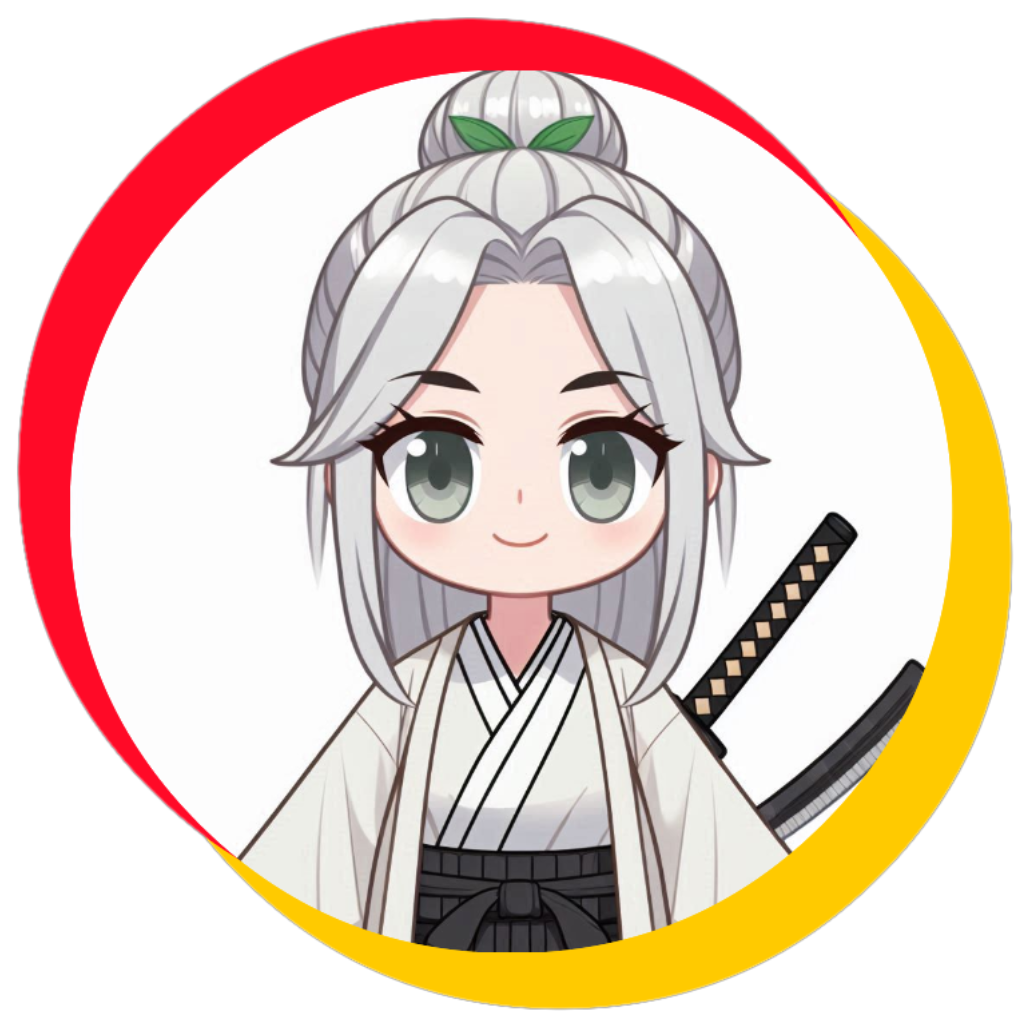Reflections on citizenship and belonging
A few weeks ago, I became a U.S. citizen.
It was a moment I had prepared for practically through forms, interviews, waiting; but not emotionally. Standing in a room with others from all over the world, raising our hands to take the oath, I felt something shift. A quiet wave of emotion rose up, catching me off guard. I thought of Flanders, where I was born. I thought of Japan, where I lived for many years. And I thought of the long, winding path that led me to this moment in California.
My move to the U.S. was never part of a grand plan. It began with love, meeting my Japanese husband in Tokyo, and a work opportunity that brought us here. I never expected that eight years later, I’d be standing in a citizenship ceremony, pledging allegiance to a new country. And yet, here I am.
Life has a way of unfolding in ways we don’t anticipate, and sometimes, those unexpected turns lead us to deeper belonging.
As I stood there, hand raised, I found myself reflecting on the meaning behind the moment. Citizenship is often seen as a destination, a box to check. But it’s also a beginning: a commitment to participate, to care, to contribute. It’s not just about where you live, but how you live there.
So I asked myself:
What does it mean to be a citizen?
On paper, it’s a legal status. A passport. A right to vote. But in practice, it’s more layered. It’s about responsibility, participation, and connection. It’s about choosing to belong not just to a place, but to its people, its stories, its future.
As I sat with the emotions of that day, I found myself reflecting not just on citizenship, but on something deeper. Something more personal and harder to define. Citizenship is a legal bond, but belonging is emotional, cultural, and spiritual. It’s the feeling that you are part of something: that you matter, that you’re home.
And so I asked myself:
And what does it mean to belong?
Belonging isn’t always about birthplace or bloodline. It’s about feeling seen. Feeling safe. Feeling like your voice matters. I’ve felt that in Japan, wandering through Tokyo and Kita-Kamakura on quiet mornings, surrounded by the rhythms of my husband’s culture: seasonal festivals, temple visits, and the everyday beauty of shared traditions that slowly became part of my own. I’ve felt it in Belgium, sitting around the table with family on slow Sunday afternoons, passing my mom’s cozy home-cooked dishes and laughing over stories we’ve told a hundred times. And I’ve felt it here in the U.S., building a life with my husband and finding community in spaces where I can show up as my full self.
So, even though I’m not able to become a citizen of Japan, it’s still a big part of my being and I feel like I belong there as well. Japan shaped how I see the world, how I work, and how I connect with others. That’s why I feel a deep resonance with local Japanese-American societies and why I continue to support Japanese companies and people abroad. It’s a way of honoring that part of me, of staying connected to a place that helped me grow.
Belonging is fluid. It can stretch across borders and languages. It can live in memories and evolve with time. Becoming a citizen doesn’t erase where I came from, it adds to it. It’s another layer of identity, another way to participate in shaping the world around me.
So today, I’m sitting with gratitude. For the places I’ve called home. For the people who’ve welcomed me. And for the chance to belong, again and again, in new and meaningful ways.


